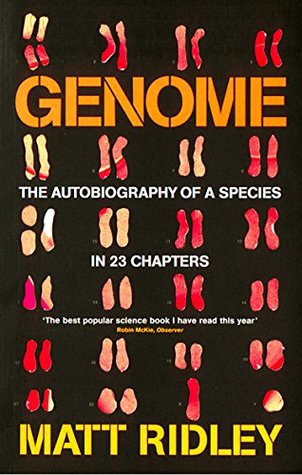More on this book
Community
Kindle Notes & Highlights
Being in the same family has no discernible effect on IQ at all.
The influence upon our intelligence of events that happened in the womb is three times as great as anything our parents did to us after our birth.
the language instinct is one that is switched off as the child reaches adulthood. This accounts for our difficulty in learning new languages, or even new accents, as adults. We no longer have the instinct.
Culture, Tooby and Cosmides hypothesised, is the product of individual psychology more than vice versa.
Your heart is at the mercy of your pay grade.
The fact that heart disease is a symptom of lack of control explains a good deal about its sporadic appearance.
Far from behaviour being at the mercy of our biology, our biology is often at the mercy of our behaviour.
But they did find evidence that the people with the highest frequency of milk-digestion ability were ones with a history of pastoralism.
Natural selection has designed all parts of our bodies to last just long enough to see our children into independence, no more.
Little wonder that p53 has earned the nickname ‘Guardian of the Genome’, or even ‘Guardian Angel of the Genome’. TP53 seems to encode the greater good, like a suicide pill in the mouth of a soldier that dissolves only when it detects evidence that he is about to mutiny.
Prions have humbled us with our ignorance. We did not suspect that there was a form of self-replication that did not use DNA – did not indeed use digital information at all.
Hume’s fork: Either our actions are determined, in which case we are not responsible for them, or they are the result of random events, in which case we are not responsible for them. Oxford Dictionary of Philosophy
people get their personalities from their genes and from their peers, not from their parents.1
But a remarkably small part in environmental influence is played by parental influence.
Psychology, like sociology and anthropology, has been dominated by those with a strong antipathy to genetic explanations; it can no longer sustain such ignorance.2
Full responsibility for one’s actions is a necessary fiction without which the law would flounder, but it is a fiction all the same.
Chaos theory
Chaotic systems, as defined by mathematicians, are determined, not random. But the theory holds that even if you know all the determining factors in a system, you may not be able to predict the course it will take, because of the way different causes can interact with each other.
Human behaviour is therefore unpredictable in the short term, but broadly predictable in the long term.


